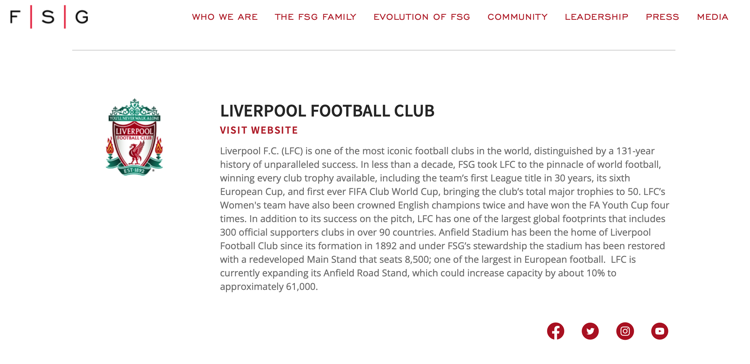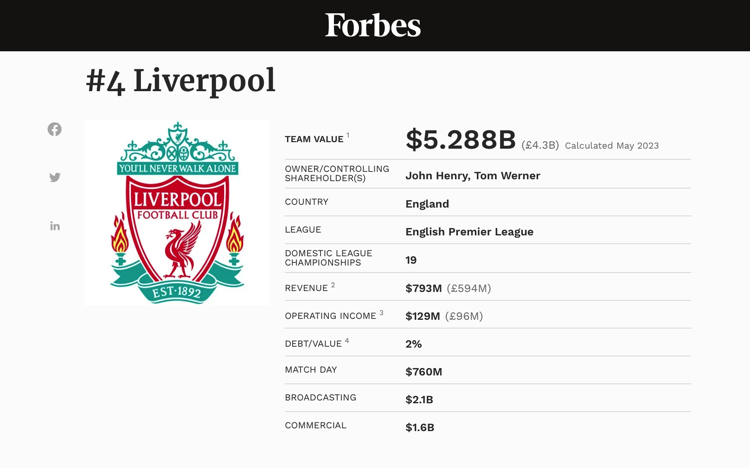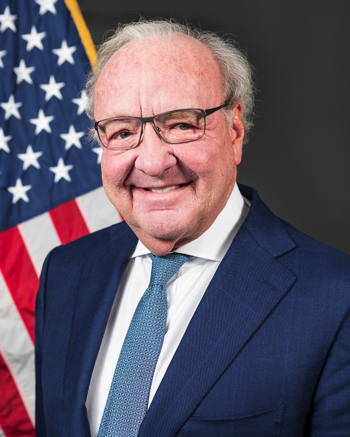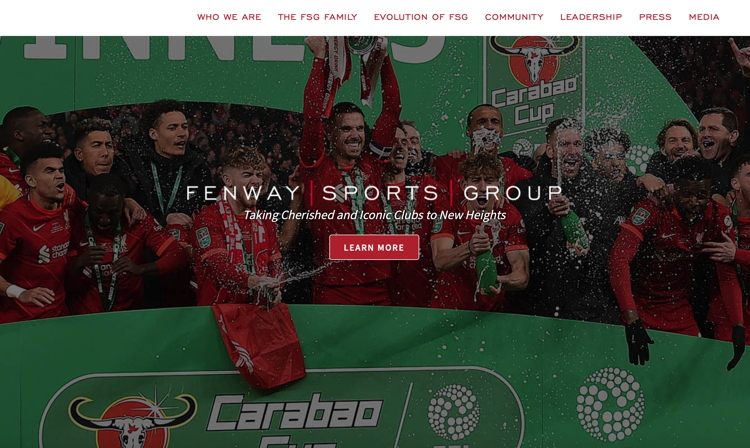Extremely wealthy owners have been an increasingly common sight across top footballing leagues, especially the Premier League. For the clubs involved in the 2022/23 season, only Nottingham Forest and Brentford had owners with a (combined) estimated worth of under $1bn. Although these are only estimates, it does help highlight that Premier League ownership is only for ultra-wealthy groups and individuals.
Liverpool’s current owners, Fenway Sports Group (FSG), fall comfortable within this ultra-wealthy description. As well as looking at FSG and their financial prowess in more depth, we will also take a brief look at who owned the Merseyside club in years gone by.
Who Are Fenway Sports Group?

It is a bit of a mouthful but FSG are an American multinational sports holding conglomerate. The operation began back in 2001 with founders John W Henry and Tom Werner drumming up further investment from the likes of Les Otten and the New York Times Company. The plan was to use this money to buy the Boston Red Sox, one of the big sports teams close to the company headquarters.
In these early years, the group went by the name New England Sports Ventures (NESV) rather than Fenway Sports Group but their purpose was the same as it is today. Put simply, the business model involves buying sporting teams, deemed to be good value assets, and making a yield on them. They purchased the Red Sox for $380m in 2002, a baseball team that was estimated to be worth around $4.5bn in 2023.
Other FSG investments include the NHL outfit Pittsburgh Penguins, NASCAR team RFK Racing (50% share) and, of course, Liverpool FC. As with the Boston Red Sox, their major investment in the Reds has well and truly paid off. They paid £300m for the Merseyside club in 2010, a figure which has skyrocketed since. So, if/when they do come to sell the club, they are likely to make a gigantic sum.
The FSG Approach

Naturally the concern with having a “multinational sports holding conglomerate” is that they only care about getting a return on their investment, not on-pitch success. While there is some truth in this, on-pitch success often boosts revenues substantially. Winning trophies helps build the profile of a club, earns more prize money, attracts bigger sponsorship contracts and so on, so the two are far from mutually exclusive.
It does mean though that FSG are less involved in the club than some other owners. The figurehead for the group, John Henry, is seldom spotted at matches and has no real passion for the club outside of financial returns. This is not a problem in itself but it can limit things, such as transfer activity. While some ultra-rich owners want to see success at any cost, and will finance it accordingly, Henry and Werner just want a return on their investment.
Whether you are fine with this money-centric approach to ownership is one thing but there is no doubt it has worked for FSG. The company today is a financial powerhouse, boasting a value well into the billions of pounds. Back in 2021, they sold an 11% share of the company to RedBird Capital Partners for £533m, in a deal that valued the group at £4.8bn ($6.7bn at the time). Other estimates of their value have generally floated around this figure. In 2021, Forbes ranked FSG as the fourth-largest sports empire at $6.6bn while in late November The Mirror valued them at close to the $10bn mark.
How Much Are Liverpool Worth Today?

Based on their May 2023 calculations, Forbes placed Liverpool as the fourth most valuable team in world football. They estimated the value of the Reds to be $5.2bn (£4.3bn), a gargantuan increase on the £300m FSG paid for the club back in 2010. Although any new owner looking to purchase the club will need to cough up a lot of money, they will be taking over a club in good financial health. Liverpool’s debt-to-value ratio is merely 2%, a low figure compared to the teams of similar value, for example Real Madrid (16%), Manchester United (11%) and Barcelona (13%).
In November 2022, news broke that FSG were putting Liverpool up for sale. Soon after though Henry clarified the situation seeking that they were looking for other investors, not an outright sale. In his own words, he said:
Will we be in England forever? No. Are we selling LFC? No. Are [we] talking with investors about LFC? Yes. Will something happen there? I believe so, but it won’t be a sale. Have we sold anything in the past 20+ years?
There was some speculation that FSG changed its approach to seeking a minority sale of the club because there was no interest in a complete takeover due to Liverpool’s £4bn valuation. Part of the reason for this may have been that fellow English giants Manchester United were very openly welcoming bidders around the same time. With the Glazers in much more of a rush to sell, the small pool of people/groups able to spend several billion on a football team turned their attention 30 miles east.
There are those that say that something is only worth what someone else is willing to pay. In the case of Liverpool FC, there has been little indication so far anyone would be willing to meet the £4bn valuation. Nevertheless, over time we may see some serious bidders for the Merseyside club emerge, should FSG express a desire (publicly or privately) to relinquish full, or majority control.
Who Owned Liverpool Before FSG?

It is fair to say that FSG have not been the most popular club owners in recent seasons due to a lack of spending in the transfer market. Nevertheless, even the more disgruntled supporters would still be willing to give the group some credit for the work they have done. It was under FSG’s ownership that Liverpool lifted their first-ever Premier League trophy and claimed another Champions League title following a 14-year wait. Some may say it is Klopp that is largely responsible for this but the German has enjoyed a fair degree of financial backing. In the Champions League winning 2018/19 season, for example, the club made a net loss of around £140m on transfers.
We will not wade into the debate on how FSG should be rated as club owners but we are confident in saying they are much more popular than their predecessors. Before FSG, Liverpool were briefly owned by the American duo of George Gillett and Tom Hicks. The pair said all the right things when taking over in 2007 but things quickly began to unravel. By the end of the 2009/10 season, the club finished in seventh place (their lowest finish since 1998/99) and had debts totalling £350m. With the financial mismanagement known prior to this, Liverpool fans had been protesting the American duo all season.
Despite being universally hated by the entire fan base, Gillet and Hicks tried their best to keep hold of the club. They rejected numerous offers to sell and even tried to remove several key members ahead of a key boardroom vote when FSG (then New England Sports Venture) attempted to take over. Clearly, that was all in vain.

